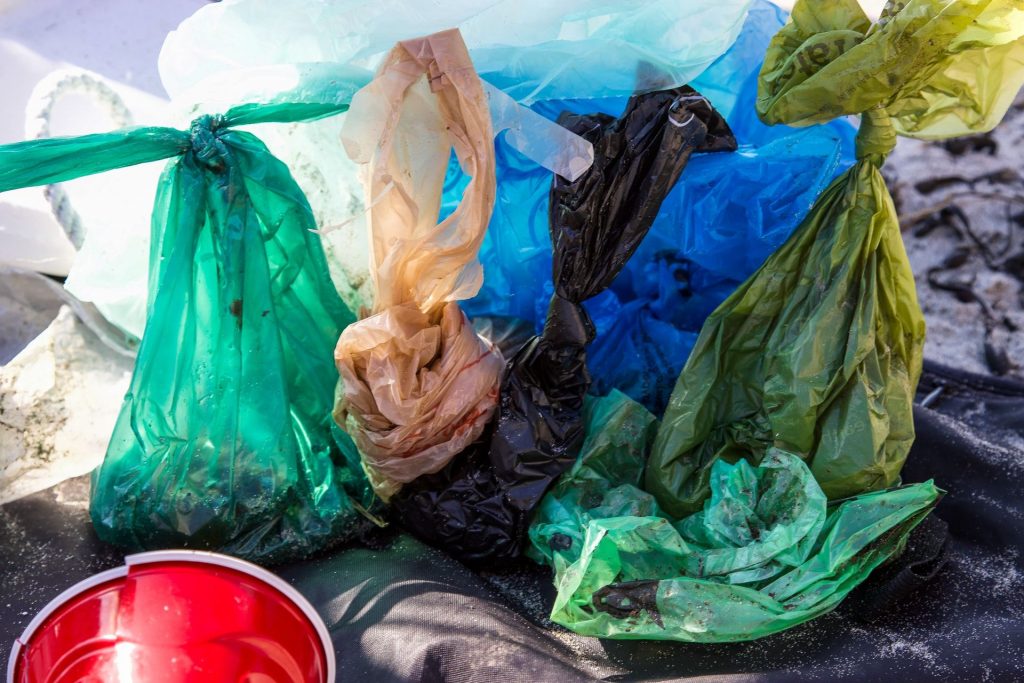PhD Episode II: The Return of Ethnographic Methods
By laurent.liote.19, on 16 December 2021
Hi there, it’s been a while! I guess I’ve made some progress since the last time I wrote a post like this one. Rest assured the aim of my PhD has not changed, I’m still focused on understanding how engineering advice and related modelling insights are deployed in energy policy practice (the origin story can be found here). This post is about the initial work I’ve done to answer this question and where I’m going next.
In a UK government department not so far away…
So, what have I been up to in the last year then? Well, I did an initial case study with an engineering advice team within the UK government that provides advice on energy policy questions to the rest of their department. I interviewed engineers and policy advisors working together to gain insight into ‘the engineering-policy interface’ (a fancy way of saying ‘how engineers and policy advisors interact’). I turned the themes that emerged from the interviews into academic database search terms which returned four different strands of literature: science advice, engineering and philosophy, expertise in policy and models as boundary objects. I carried out a review of these fields and compared the literature’s conclusions against my findings, I call that ‘PhD Episode I’.
And what did I make of Episode I then? Like a first episode in what I hope to be a trilogy, it was interesting, set up the characters and storyline nicely but left quite a few questions unanswered. From what I saw, most of the engineering advice consisted of explaining a technology in layman’s terms to policy analysts, answering a question by providing a summary/diagram or designing/running a model. But that’s just scratching the surface and several findings warrant further investigation, constituting the basis for my second case study: Episode II.
 Close
Close




